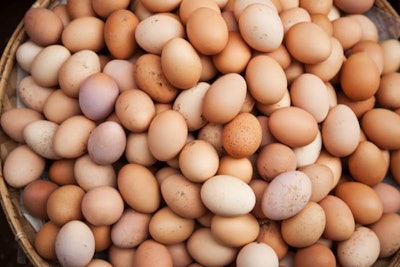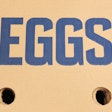
U.S.-based restaurants Red Robin, Quiznos and Black Bear Diner have recently published conversion plans to use 100% cage-free eggs in all locations.
Red Robin's commitment states that its current U.S. egg supply chain is approximately 15% cage-free. The restaurant promises that 100% of its shell and hard-boiled egg supply will come from cage-free sources by 2024 at the latest.
Additionally, the chain plans to be transparent in its cage-free commitment through reporting on annual goals. By the end of 2023, the restaurant plans to have at least 50% of its egg supply cage free. By the end of 2024, it plans to have 100%.
Quiznos' commitment states that while it has experienced supply chain challenges, it is still committed to meeting its goal and plans to report annually on its cage-free sourcing progress. The chain plans to be 25% cage free in 2024 and 100% in 2025.
Black Bear Diner’s commitment states that, as of July 1, 2022, 50% of the eggs it sources are cage free in all its locations. The chain’s plan includes an increase to 75% cage free by the end of 2023, and 100% by the end of 2024.
While the new commitments plan to be met, the three restaurants did not meet their former sourcing commitments. Previously, Red Robin pledged to source 100% cage-free eggs and egg products by 2010, Quiznos pledged to source 100% cage-free eggs by 2022 and Black Bear Diner pledged to source 100% cage-free eggs by 2021.
Most companies are meeting their pledges
While Red Robin, Quiznos and Black Bear Diner did not meet their initial cage-free commitments, the most recent Cage-free Egg Fulfillment Report shows that 88% of global cage-free commitments that had a 2021 deadline or earlier have been met.
The report’s data is current as of April 2022 and reveals that the rate at which companies are completing their cage-free housing pledges is increasing yearly. The report’s 2021 edition revealed that 85% of cage-free commitments with 2020 deadlines were achieved, showing that the cage-free egg fulfillment rate has risen by 3% in the last year.


















